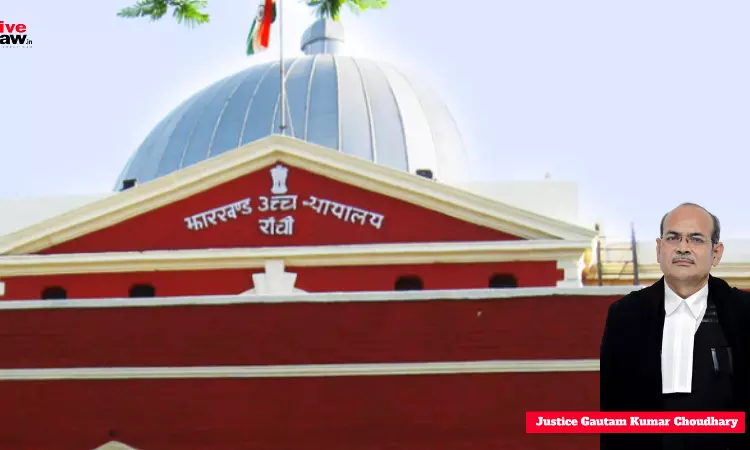Consent Not Coerced: Jharkhand High Court Overturns Rape Conviction After 12 Years
Bhavya Singh
11 March 2024 6:28 PM IST

Next Story
11 March 2024 6:28 PM IST
After a 12-year period, the Jharkhand High Court overturned a trial court's conviction order in a rape case, allowing an appeal filed by the accused.Court observed that in the instant case there had been an ongoing physical relationship between the appellant and the victim for approximately six months, and it was only after the victim became pregnant that the matter was brought to...
